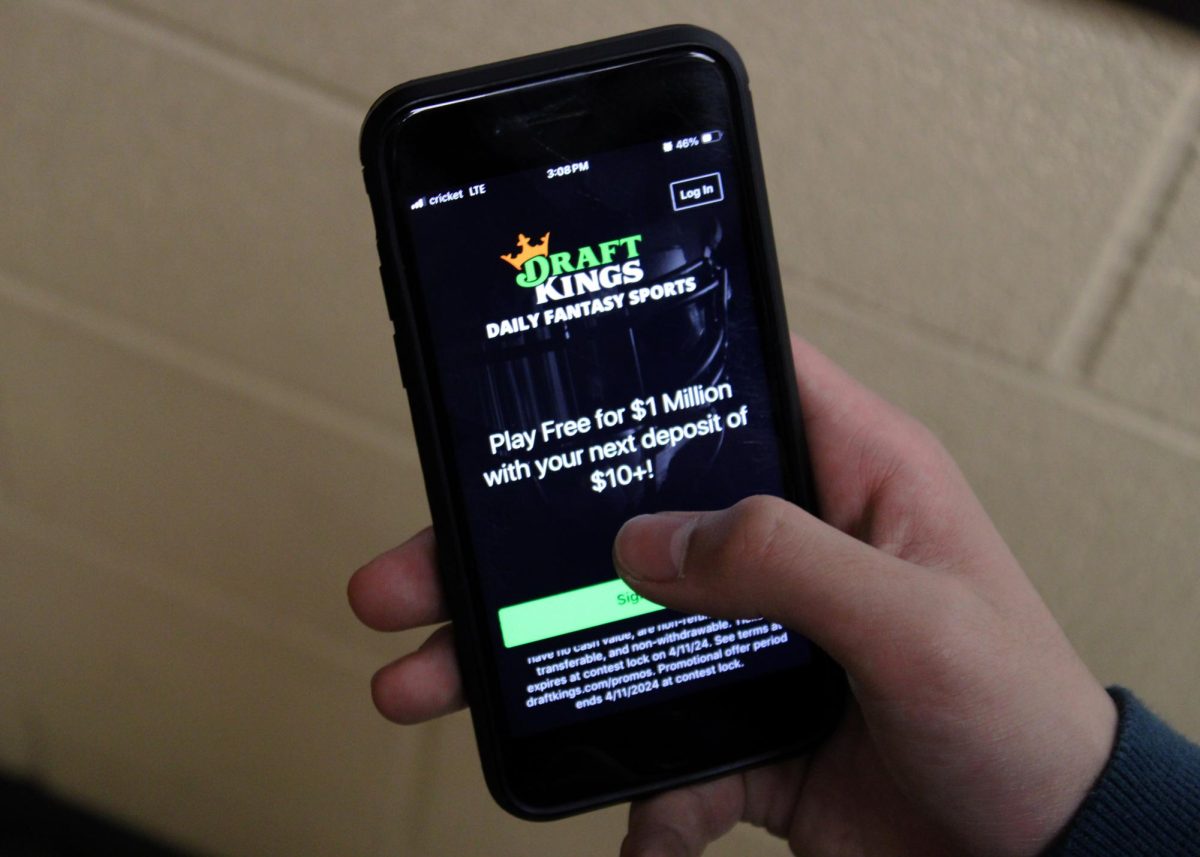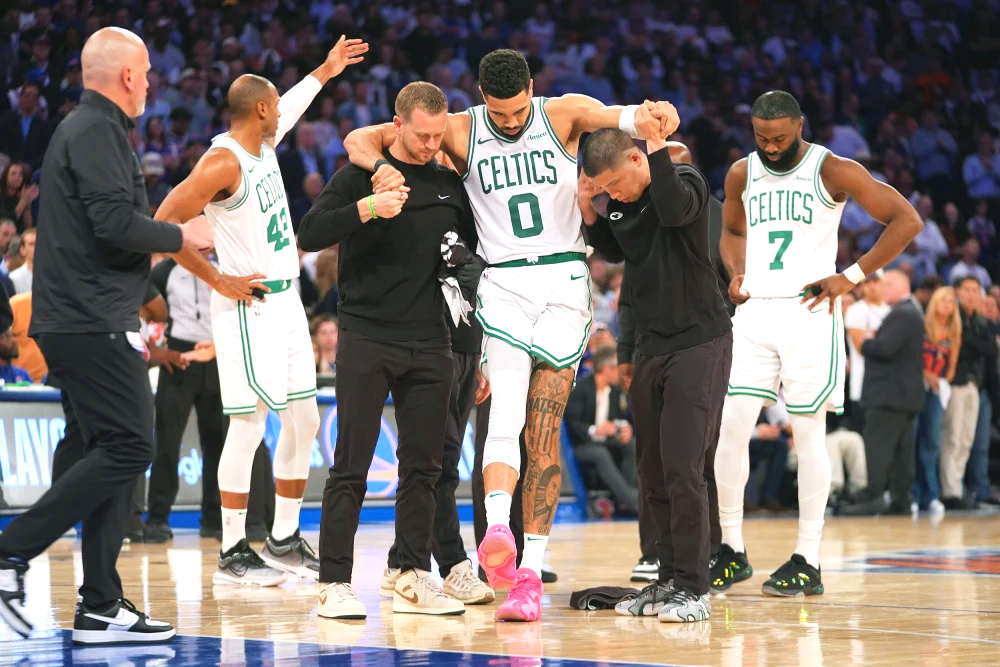This past February, one in six American adults placed bets on the Super Bowl, wagering a whopping total of 23 billion dollars — more than the gross domestic product of countries like Belize and Nicaragua. This number increased 35 percent since last year’s Super Bowl, a massive spike in just one year. Believe it or not, this is not even the biggest gambling day of the year in America. That title goes to the first day of March Madness, the 64-team college basketball tournament.
Gambling has been on the rise since 2018, when the Supreme Court struck down the federal ban on sports gambling. Now, it is legal to place bets online in 38 states, including Massachusetts. According to S&P Global, Americans exhausted a huge 120 billion dollars on sports alone last year. This number is up 27.5 percent from 2022. If this trend continues, gambling will soon become a trillion-dollar industry.
Gambling is historically troublesome in the sports scene. One of the most famous examples of sports betting involves the 1919 Chicago White Sox, nicknamed the Chicago Black Sox. The team accepted bribes from bettors who had wagered so much money on the series that bribing the entire team to lose the games would still make them money. The scheme was eventually discovered, and it is remembered as a dark moment in the history of baseball.
Professional players are still found guilty of taking bribes to this day. Professional soccer player Ivan Toney, a Brentford star and a former player of the English national team, recently finished his ten-month suspension. He has 232 charges of illegal bets on both himself and other players in the league. Likewise, Italian midfielder Sandro Tonali is currently serving a ban because of gambling, and other Italian national team members are currently being investigated.
In the National Basketball Association, Jontay Porter of the Toronto Raptors is also currently under investigation for gambling, due to suspicious activity in his games potentially being tied to high value wagers being made. Reggie Hesselbein (III), who follows both professional soccer and basketball, says, “[Gambling] makes [me] question if the players are playing at their fullest [and I] hope that [athletes involved in sports betting] can get professional help and all sports players can stay out of gambling, because it will ruin the game for players and the fans.”
Some argue that the fast growth of gambling is not an issue. Occasional gambling can be fun, and many people do not expect to get hooked. Gambling, however, should be taken with a grain of salt since it is highly addictive. Fun wagers can turn into an addiction very quickly, and many online gambling apps are trying to hook new bettors. About one percent of Americans, or 3.5 million people are affected by gambling addictions, according to Yale Medicine.
Max Ngonga (III) remarks, “[I believe people are drawn to sports betting because] they are looking for easy ways to make money. They think they know a lot about sports and resort to sports betting.”
With online gambling growing in popularity, the industry has started to target young people, especially high schoolers. This helps explain the rising rates.
When asked about its rise in popularity among high schoolers, Markelos Papa (II) says, “I think that kids are influenced very easily by what they are presented with on social media and are also the age group which probably watches the most amount of sports. High schoolers also have this idea of themselves that they can do anything, so when it comes to sports betting, they won’t think twice about it.”
Remember that even if you win at first, getting hooked on gambling is often easier than you may expect. If you need help managing a gambling addiction, call 1-800-GAMBLER.






